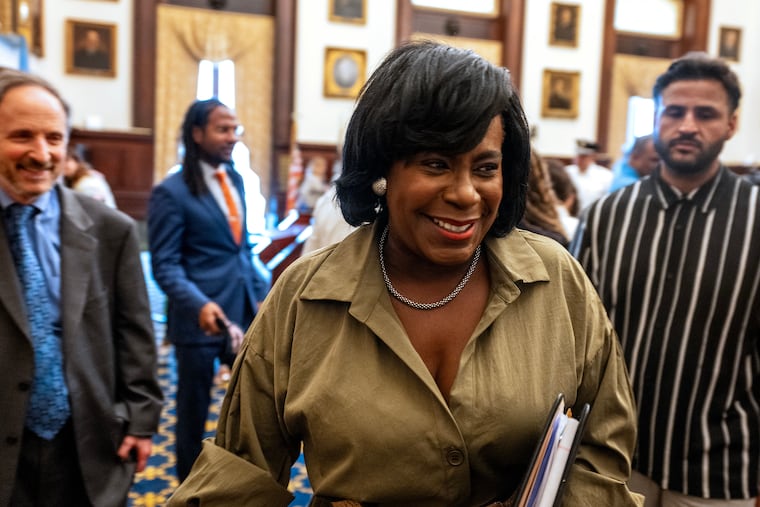27 members of Tren de Aragua in NYC face federal RICO charges.
In a significant law enforcement operation, federal authorities have arrested 27 Venezuelan immigrants associated with the Tren de Aragua street gang on an array of serious charges, including murder, racketeering, drug trafficking, and sex trafficking. This development was announced on Tuesday during a press conference held in lower Manhattan, marking the first instance in which members of the gang face charges under the federal Racketeer Influenced and Corrupt Organizations Act, known as the RICO Act.
The announcement was made by a coalition of officials including Tom Homan, President Trump’s appointee overseeing border security, New York City Mayor Eric Adams, and NYPD Commissioner Jessica Tisch. This extensive operation aligns with a broader initiative by the Trump administration aimed at prosecuting and deporting alleged members of foreign criminal organizations urban centers in the United States.
Mayor Adams asserted his commitment to eradicating dangerous gangs from New York City, emphasizing that his administration’s focus on public safety transcends electoral timelines. He expressed the importance of collaborative efforts among city, state, and federal law enforcement agencies in this mission.
The Tren de Aragua gang is recognized as the largest criminal organization in Venezuela, boasting a membership reportedly exceeding 5,000. The gang has garnered significant attention from law enforcement due to its extensive involvement in heinous activities such as human trafficking, extortion, drug-related offenses, and murder across both North and South America. Recent years have seen gang members establishing a presence in the United States, including areas such as Manhattan and Queens, where some have even taken temporary residence in city-designated immigrant shelters.
Among those arrested are six members of Tren de Aragua and 19 affiliated with a splinter faction known as Anti-Tren. This latter group has been reported to engage in violent confrontations with Tren de Aragua members. Of the individuals indicted, 21 were already detained in federal, state, or Immigration and Customs Enforcement (ICE) custody.
The charges highlight a disturbing pattern of criminal behavior, including the trafficking of young women from Venezuela under the guise of smuggling, the distribution of illegal narcotics such as ketamine, and armed robberies. Authorities have revealed that the gang maintained a tightly knit network that provided logistics and support for members evading law enforcement.
In a chilling account of their operations, law enforcement officials noted that gang members would resort to severe violence, including threats against victims’ families, to maintain control over those they trafficked. The Anti-Tren faction has similarly been accused of violent reprisals against Tren de Aragua members, alongside accusations of sex trafficking.
This investigation received critical assistance from Joint Task Force Vulcan, a collaborative federal investigative body established in 2019 to combat gangs like MS-13 in the area. The complexities of this case illustrate not only the challenges faced by urban law enforcement but also the international implications of organized crime as it infiltrates communities across borders.
As authorities continue their efforts to dismantle such organizations, the recent arrests signal a targeted response aimed at ensuring community safety and addressing the threats posed by foreign criminal enterprises operating within the United States.







